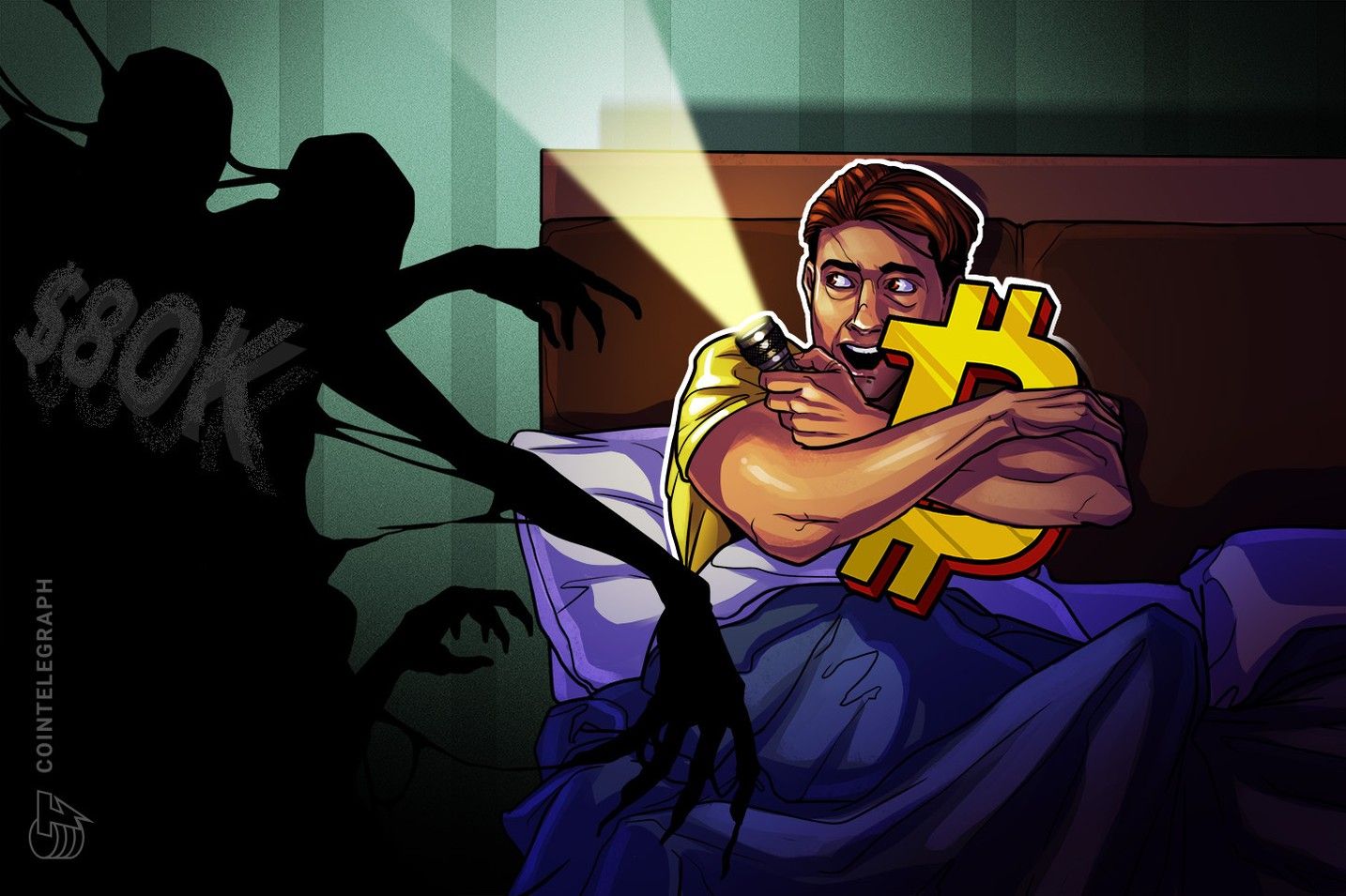Corporate Governance Gets a Social Media Makeover
- Nestlé fired CEO Laurent Freixe without a severance, sparking debate on corporate accountability. - The move contrasts with past CEO misconduct settlements, like McDonald’s $40M payout to Steve Easterbrook. - Social media amplifies reputational risks, pressuring boards to act swiftly on ethical breaches. - Experts note inconsistent governance standards, with public scrutiny reshaping executive accountability norms.
Nestlé’s abrupt removal of CEO Laurent Freixe without a severance package has sparked renewed debate on corporate governance and executive accountability. The Swiss food giant terminated Freixe following revelations of a romantic relationship with a direct subordinate, and confirmed that he would not receive a payout. This decision stands in stark contrast to past instances where CEOs involved in misconduct often walked away with substantial financial compensation. For example, McDonald’s paid Steve Easterbrook $40 million after he was caught in a similar ethical breach, while WeWork’s Adam Neumann received a $445 million payout during his ouster. These inconsistencies highlight a growing but uneven shift in how corporate boards handle reputational and ethical risks.
Nell Minow, a corporate governance expert, emphasized that the lack of a severance for Freixe signals a shift in investor expectations and board behavior. “That is actually a badge of success for corporate governance,” she said, pointing out that investors have long been concerned about executives who get to “stay on” despite misconduct. She noted that social media has played a critical role in pressuring boards to act, reducing the ability of directors to ignore or downplay incidents. The viral nature of executive missteps—such as a CEO snatching a child’s signed U.S. Open hat—has made it increasingly difficult for companies to manage reputational damage through traditional means.
The U.S. Open incident, involving Polish paving company CEO Piotr Szczerek, quickly went viral and led to a public backlash against his company, Drogbruk. Online reviews for Drogbruk plummeted to nearly one-star on platforms like Google and Trustpilot, with users condemning the CEO’s behavior. The company’s Trustpilot rating fell to 1.1 stars, and many reviews called for Szczerek’s dismissal and for the company to be banned from sporting events. Despite his public apology, the damage was immediate and extensive. The incident also prompted tennis player Kamil Majchrzak—whose hat was taken—to locate the young fan and personally meet with him to make amends.
These high-profile cases reflect a broader trend of CEOs facing swift and severe consequences for poor judgment in public settings. A similar situation earlier in the year involved Astronomer CEO Andy Byron, who resigned after being caught on camera kissing a female fan during a Coldplay concert. The pattern suggests that executives, particularly those in high-visibility roles, are finding it increasingly difficult to escape scrutiny in the age of social media. Corporate boards are starting to respond by revising how they handle misconduct, including accelerating terminations “for cause” and withholding bonuses or severance packages. However, Minow warned that inconsistencies remain, particularly in how boards apply standards to CEOs versus lower-level employees.
The reputational fallout from such incidents often extends beyond the individual, affecting the company’s public image and customer trust. As the digital landscape continues to amplify executive missteps, companies are being forced to address both the immediate consequences and the long-term governance structures that allow such behavior to occur. Nestlé’s decision to terminate Freixe without a payout may represent a pivotal moment in corporate accountability, setting a precedent that reputational risk must be treated as seriously as financial risk.
Source:
Disclaimer: The content of this article solely reflects the author's opinion and does not represent the platform in any capacity. This article is not intended to serve as a reference for making investment decisions.
You may also like
ETH price fluctuates violently: the hidden logic behind the plunge and future outlook
Bitcoin risks return to low $80K zone next as trader says dip 'makes sense'

Bitcoin ‘risk off’ signals fire despite traders’ view that sub-$100K BTC is a discount

Trending news
MoreETH price fluctuates violently: the hidden logic behind the plunge and future outlook
[Bitpush Daily News Highlights] Texas Lieutenant Governor officially announces the purchase of bitcoin, aiming to build America’s digital future hub; Economists expect the Federal Reserve to cut interest rates in December, with two more possible cuts in 2026; Circle has issued an additional 10 billions USDC in the past month; Sources: SpaceX is in talks over share sales, with valuation possibly soaring to 800 billions USD.
![[Bitpush Daily News Highlights] Texas Lieutenant Governor officially announces the purchase of bitcoin, aiming to build America’s digital future hub; Economists expect the Federal Reserve to cut interest rates in December, with two more possible cuts in 2026; Circle has issued an additional 10 billions USDC in the past month; Sources: SpaceX is in talks over share sales, with valuation possibly soaring to 800 billions USD.](https://img.bgstatic.com/multiLang/image/social/dd58c36fde28f27d3832e67b2a00dab41764952203123.png)